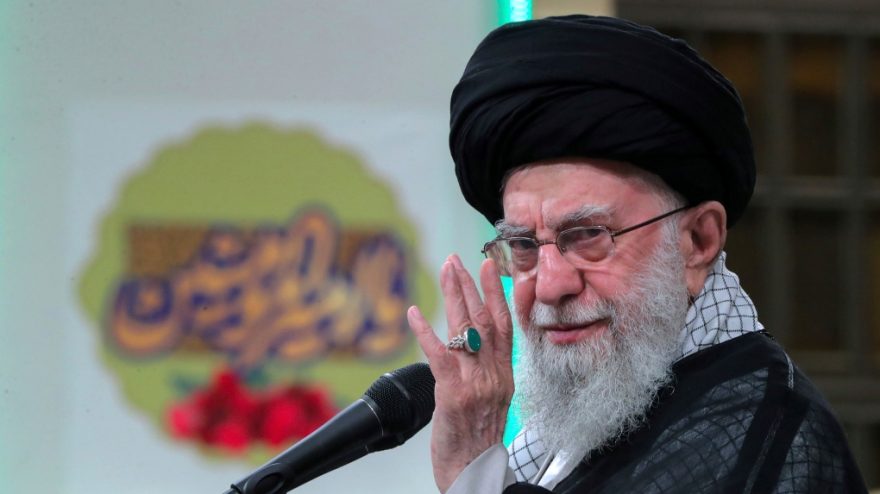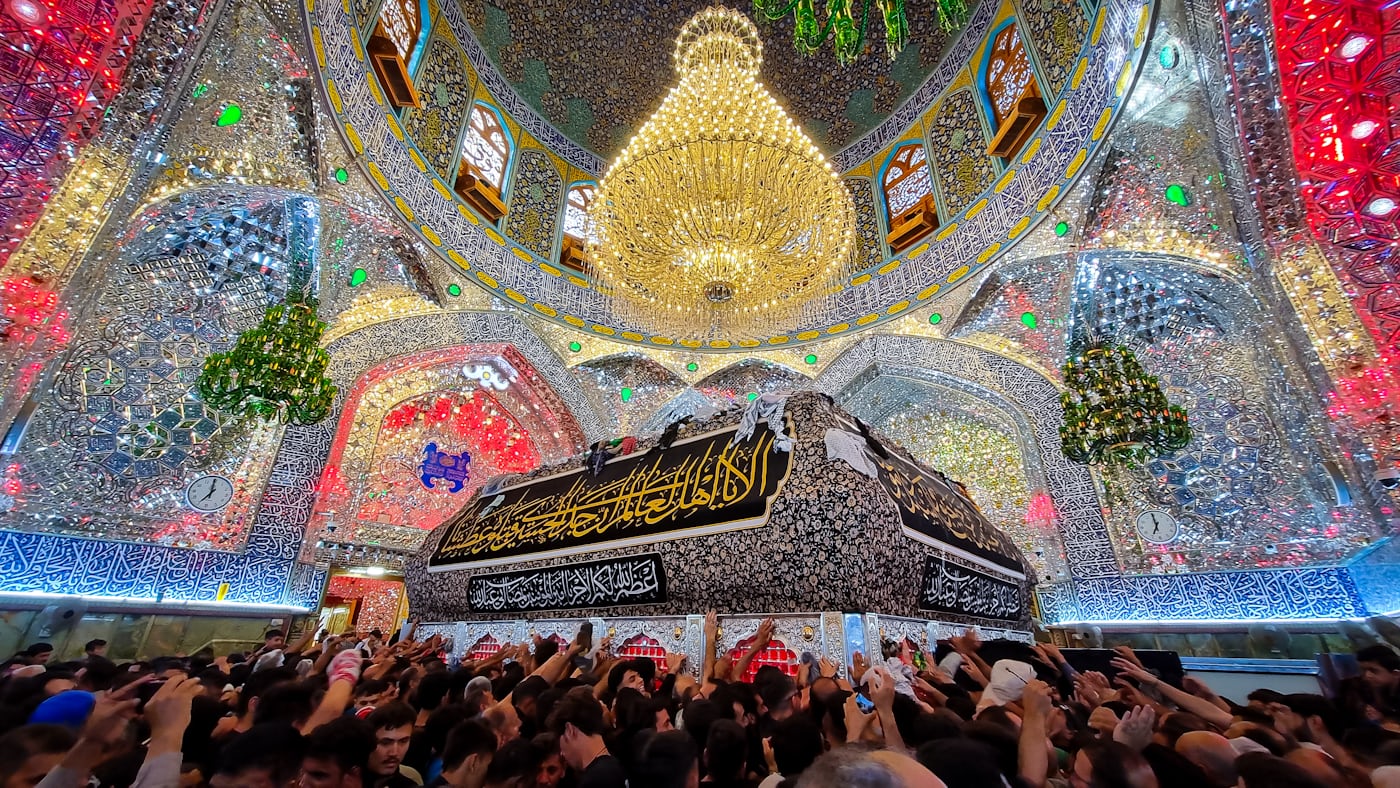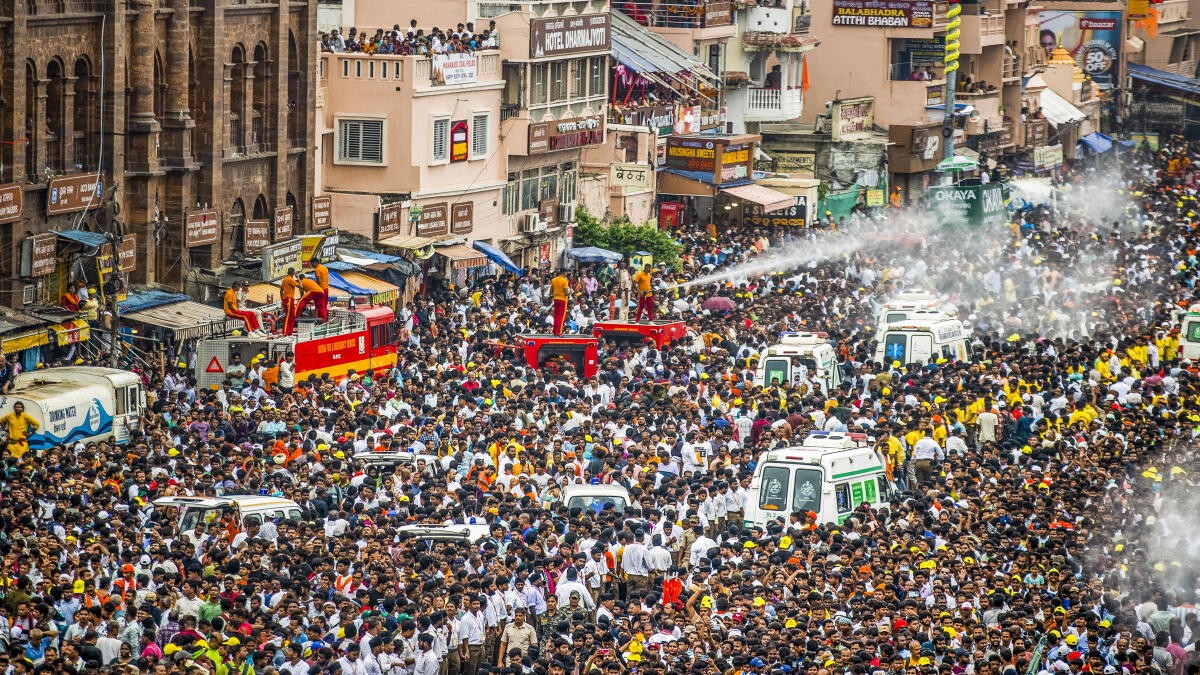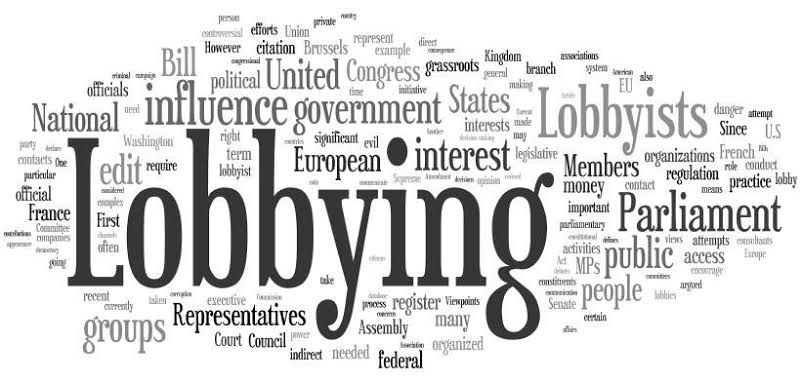West Should Better Exercise Caution on an Imposed Regime Change in Iran!!

The prospect of regime change in Iran is once again a topic of international discussion, spurred by recent Israeli military operations and calls from figures like Benjamin Netanyahu and Donald Trump. However, imposing such a change from external forces carries significant risks, as highlighted by Iran's internal dynamics and past Western interventions in the region.
While many Iranians, particularly younger generations and those grappling with economic hardships (unemployment at 9.5% nationally, with youth unemployment for ages 20-24 at an alarming 23.1% in winter 2025), desire change and greater personal liberties, they largely oppose foreign-engineered regime shifts. This sentiment stems from historical distrust of Western interference, including the 1953 coup and support for Saddam Hussein. The recent election of reformist Massoud Pezeshkian as president in 2024 (winning with 54.8% of the vote) and widespread protests like those following Mahsa Amini's death (551 protesters killed, over 19,000 arrested) demonstrate a powerful internal drive for reform.
Iran, with its large, educated population of around 92.4 million and diverse ethnic groups (61% Persian, 16% Azerbaijani, 10% Kurdish), is vastly different from other nations where external interventions have led to chaos and instability (e.g., Iraq, Syria, Libya, Afghanistan). A forced regime change could exacerbate existing fault lines, potentially leading to regional spillover. Iranians view attacks on their nuclear facilities or media as assaults on their nation, often leading them to rally around the government despite internal grievances.
Therefore, any meaningful transformation in Iran must originate from within its society, driven by its own people. This internal evolution, rather than external imposition, offers the only viable path to lasting stability and genuine change for Iran. Any dispassionate observer will say that the time is not ripe for a regime change in Iran particularly when Supreme Leader Ayatollah Khamenei has emerged as the symbol of unity and resolve during the recent 12-day war with Israel and the U.S. Besides, an imposed regime change can lead to instability, violence, and unintended consequences.

 13 hours ago
13 hours ago





[[comment.comment_text]]